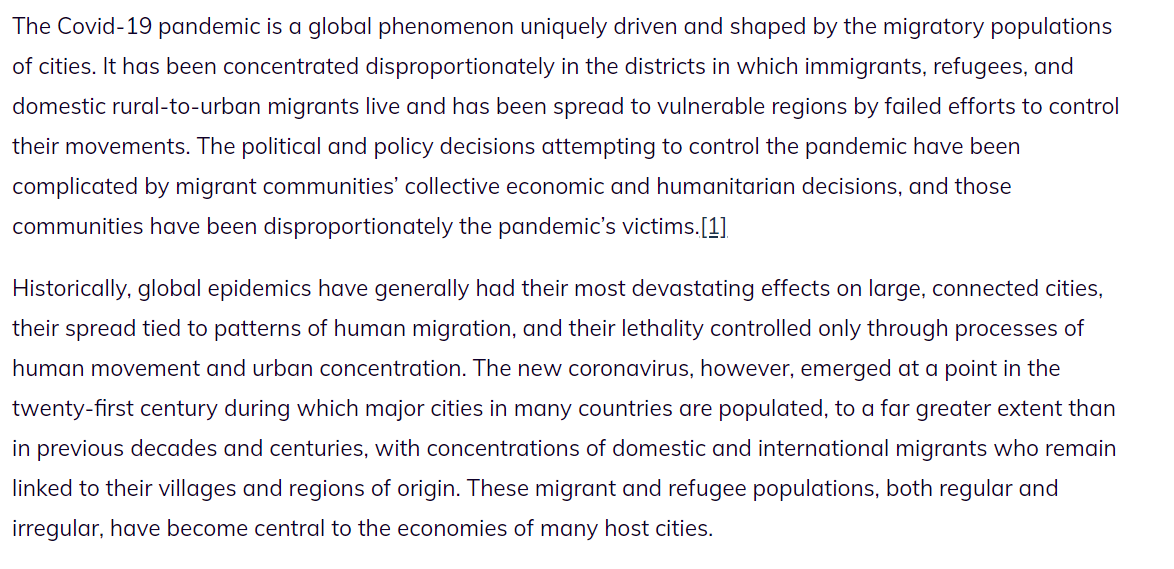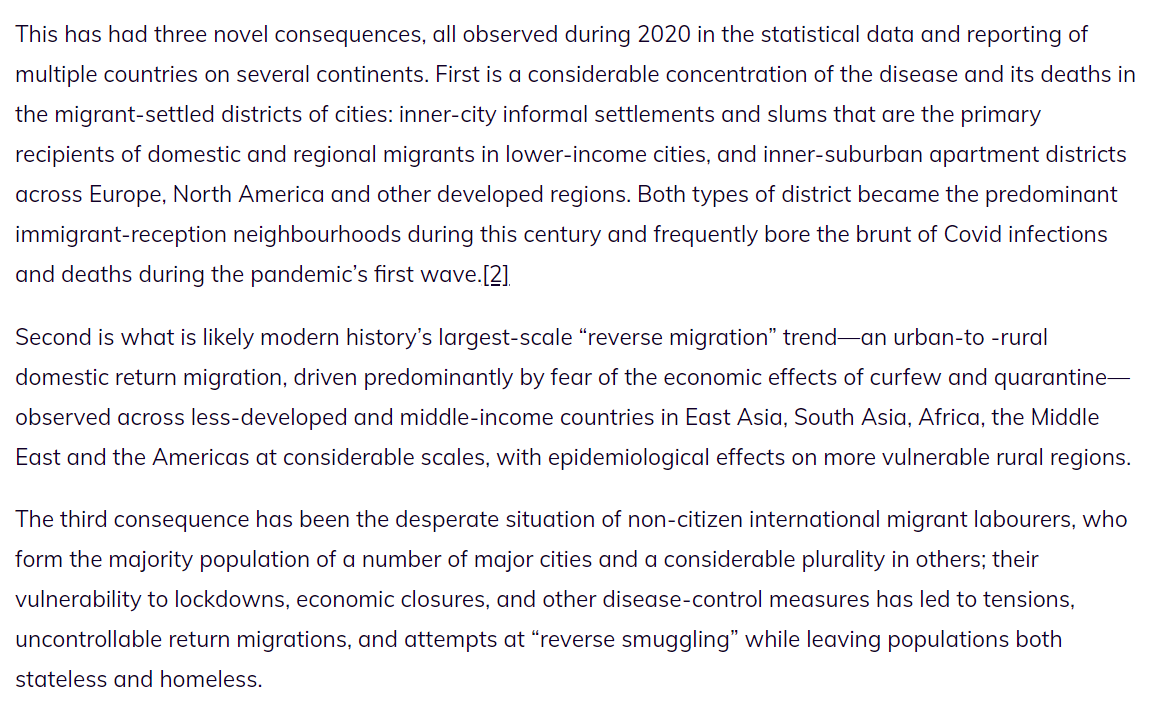There were a lot of good album covers in the '60s, but did anyone have a better string of them during their own lifetime than Monk? 

I mean, this doesn't look like 1957 graphic design, and it sure didn't sound like 1950s music either 

His best album, in both its title and design, captured the blend of hard-edged geometry and soul-searching humanism that defined his oeuvre 

Or, come on,
(I forgot his middle name was "sphere" and was real -- taken from the name of his grandmother, the even more amazingly named Sphere Batts)
(I forgot his middle name was "sphere" and was real -- taken from the name of his grandmother, the even more amazingly named Sphere Batts)

Oh and this 1954 (!!!) cover, designed, as @carlzoilus points out, by a very young Andy Warhol, who assigned the handwritten part to his mother, Julia Warhola 

• • •
Missing some Tweet in this thread? You can try to
force a refresh








